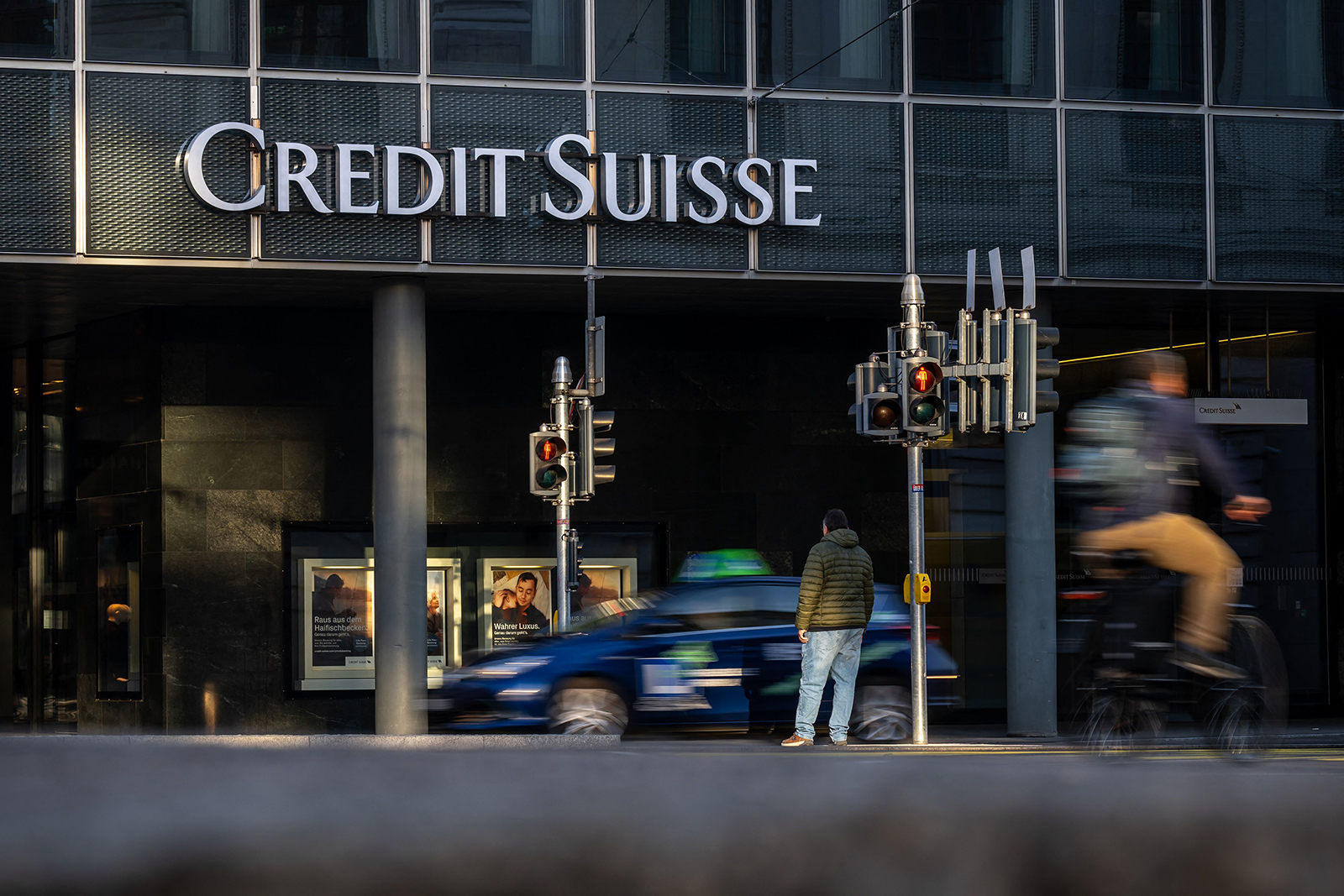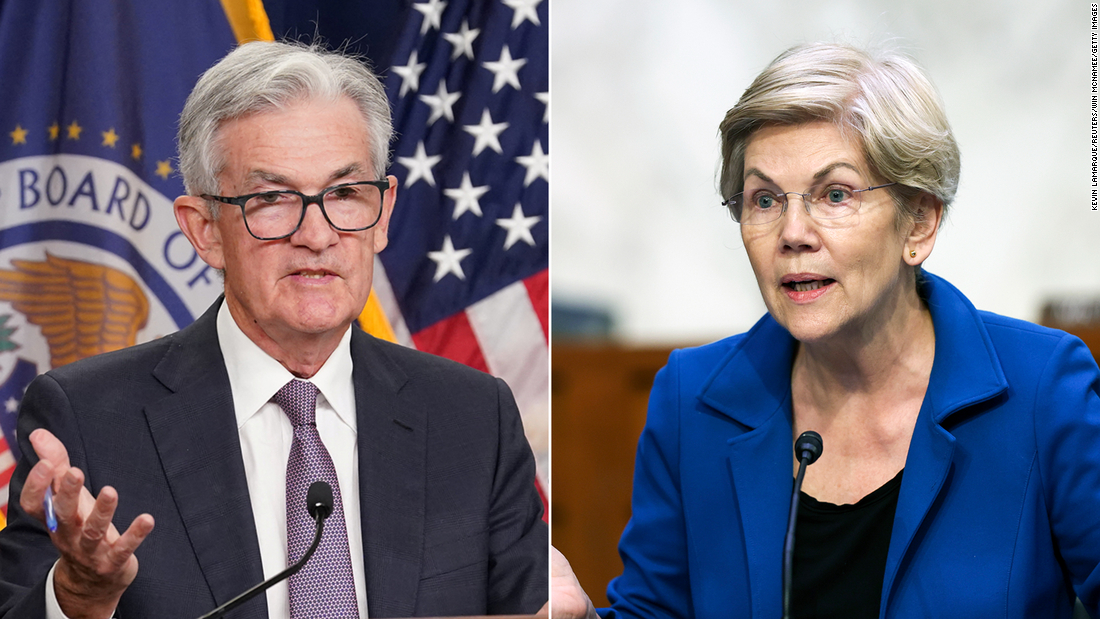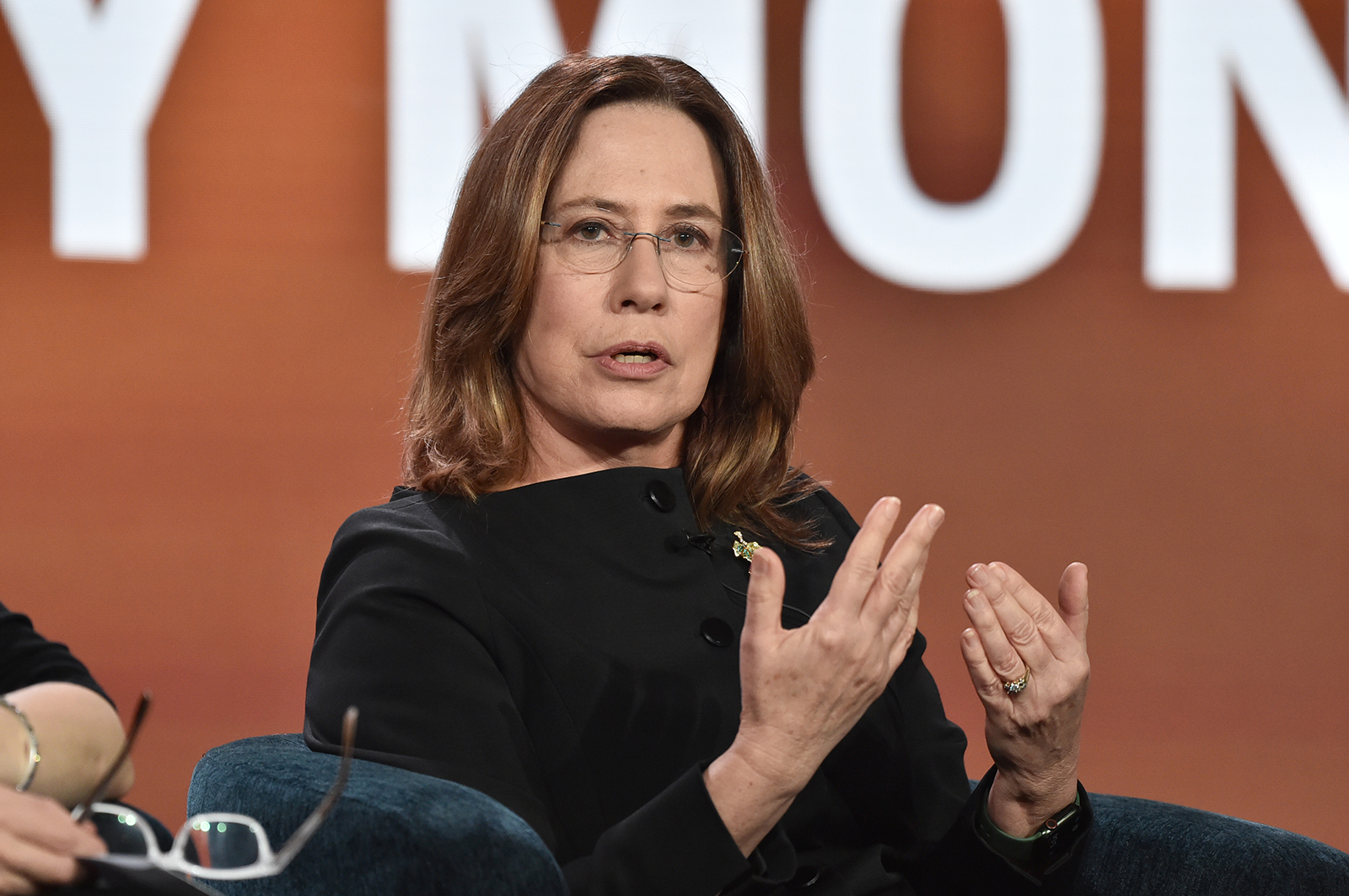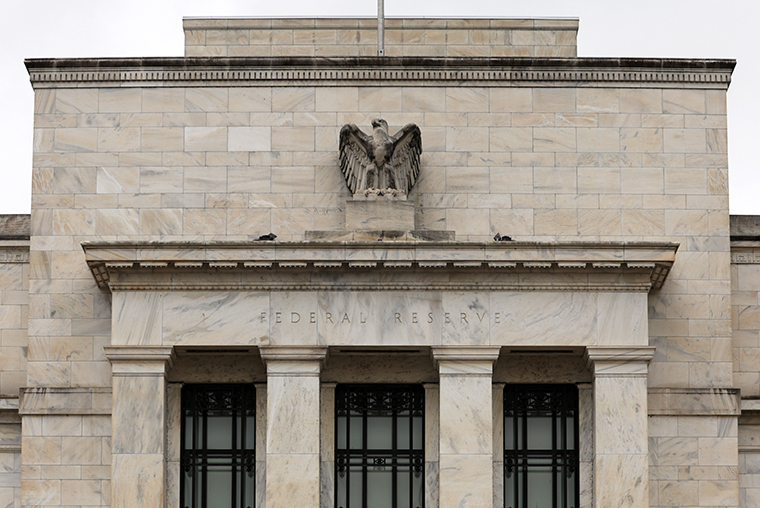US stock futures rose Tuesday morning as traders looked to find stable ground after days of whiplash-inducing volatility.
Investors celebrated an inflation report that met economists' expectations: February's Consumer Price Index showed the annual inflation rate for February was 6%, down from 6.4% in January; and the monthly rate was 0.4%, down from 0.5% in January.
Shares of regional banks were significantly higher after taking a brutal beating in the wake of the SVB and Signature Bank collapse.
The SPDR S&P Regional Banking ETF was up nearly 8% in early trading after falling 12.3% on Monday, and shares of First Republic bank were about 45% higher after dropping more than 60% yesterday.
Large bank stocks also popped on Tuesday morning. JPMorgan Chase was nearly 2% higher and Citigroup was up 2.9% after falling more than 7% on Monday.
Dow futures were up 200 points, or 0.6% on Tuesday morning.
S&P 500 futures were 0.8% higher.
Nasdaq Composite futures gained 0.6%.








